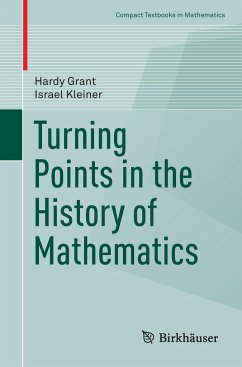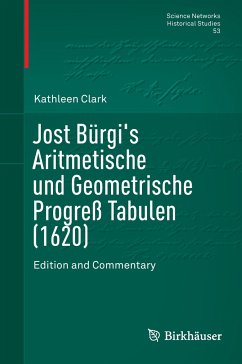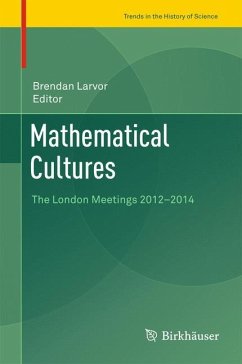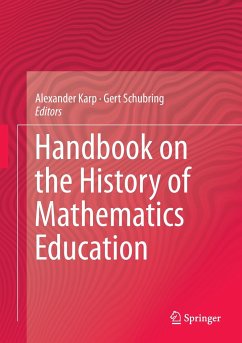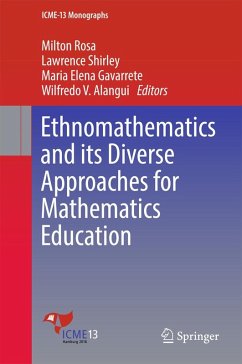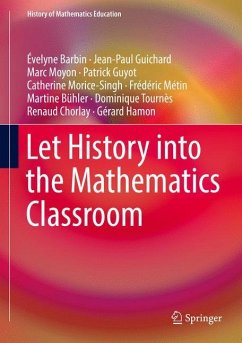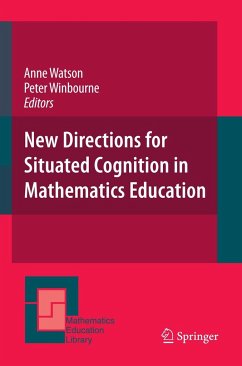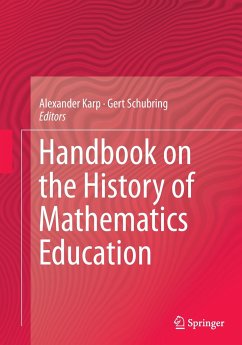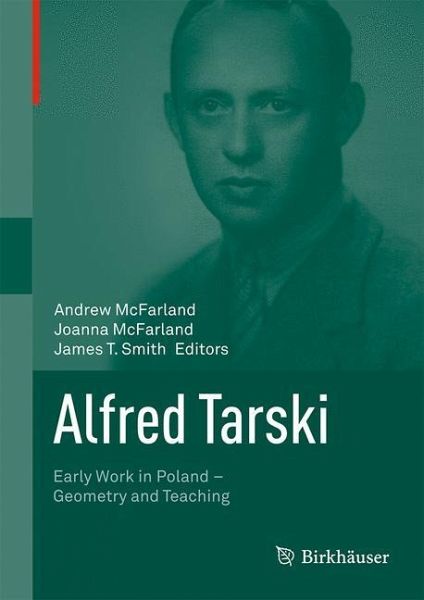
Alfred Tarski
Early Work in Poland-Geometry and Teaching
Herausgegeben: McFarland, Andrew; McFarland, Joanna; Smith, James T.;Mitarbeit: Grattan-Guinness, Ivor

PAYBACK Punkte
39 °P sammeln!
Alfred Tarski (1901-1983) was a renowned Polish/American mathematician, a giant of the twentieth century, who helped establish the foundations of geometry, set theory, model theory, algebraic logic and universal algebra. Throughout his career, he taught mathematics and logic at universities and sometimes in secondary schools. Many of his writings before 1939 were in Polish and remained inaccessible to most mathematicians and historians until now.This self-contained book focuses on Tarski's early contributions to geometry and mathematics education, including the famous Banach-Tarski paradoxical...
Alfred Tarski (1901-1983) was a renowned Polish/American mathematician, a giant of the twentieth century, who helped establish the foundations of geometry, set theory, model theory, algebraic logic and universal algebra. Throughout his career, he taught mathematics and logic at universities and sometimes in secondary schools. Many of his writings before 1939 were in Polish and remained inaccessible to most mathematicians and historians until now.
This self-contained book focuses on Tarski's early contributions to geometry and mathematics education, including the famous Banach-Tarski paradoxical decomposition of a sphere as well as high-school mathematical topics and pedagogy. These themes are significant since Tarski's later research on geometry and its foundations stemmed in part from his early employment as a high-school mathematics teacher and teacher-trainer. The book contains careful translations and much newly uncovered social background of these works written during Tarski's years in Poland.
Alfred Tarski: Early Work in Poland serves the mathematical, educational, philosophical and historical communities by publishing Tarski's early writings in a broadly accessible form, providing background from archival work in Poland and updating Tarski's bibliography.
A list of errata can be found on the author Smith's personal webpage.
This self-contained book focuses on Tarski's early contributions to geometry and mathematics education, including the famous Banach-Tarski paradoxical decomposition of a sphere as well as high-school mathematical topics and pedagogy. These themes are significant since Tarski's later research on geometry and its foundations stemmed in part from his early employment as a high-school mathematics teacher and teacher-trainer. The book contains careful translations and much newly uncovered social background of these works written during Tarski's years in Poland.
Alfred Tarski: Early Work in Poland serves the mathematical, educational, philosophical and historical communities by publishing Tarski's early writings in a broadly accessible form, providing background from archival work in Poland and updating Tarski's bibliography.
A list of errata can be found on the author Smith's personal webpage.







